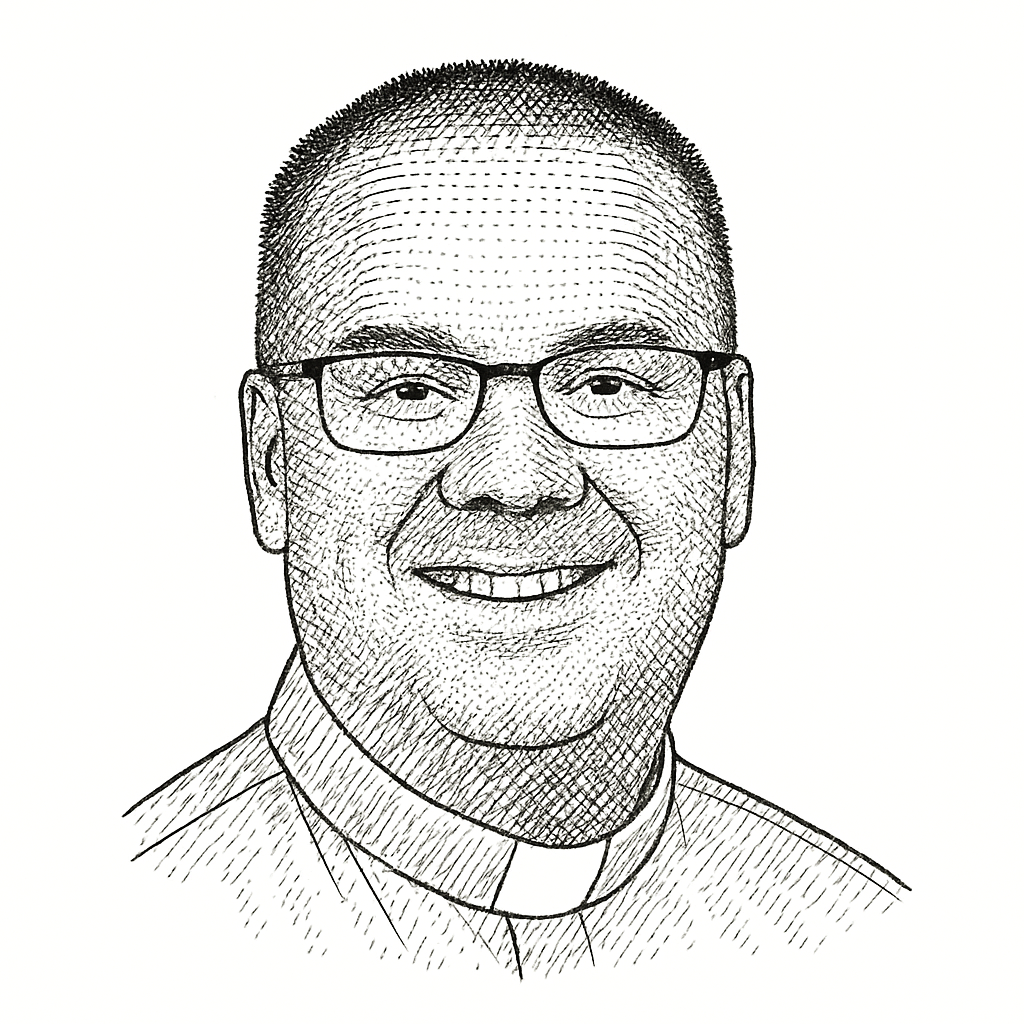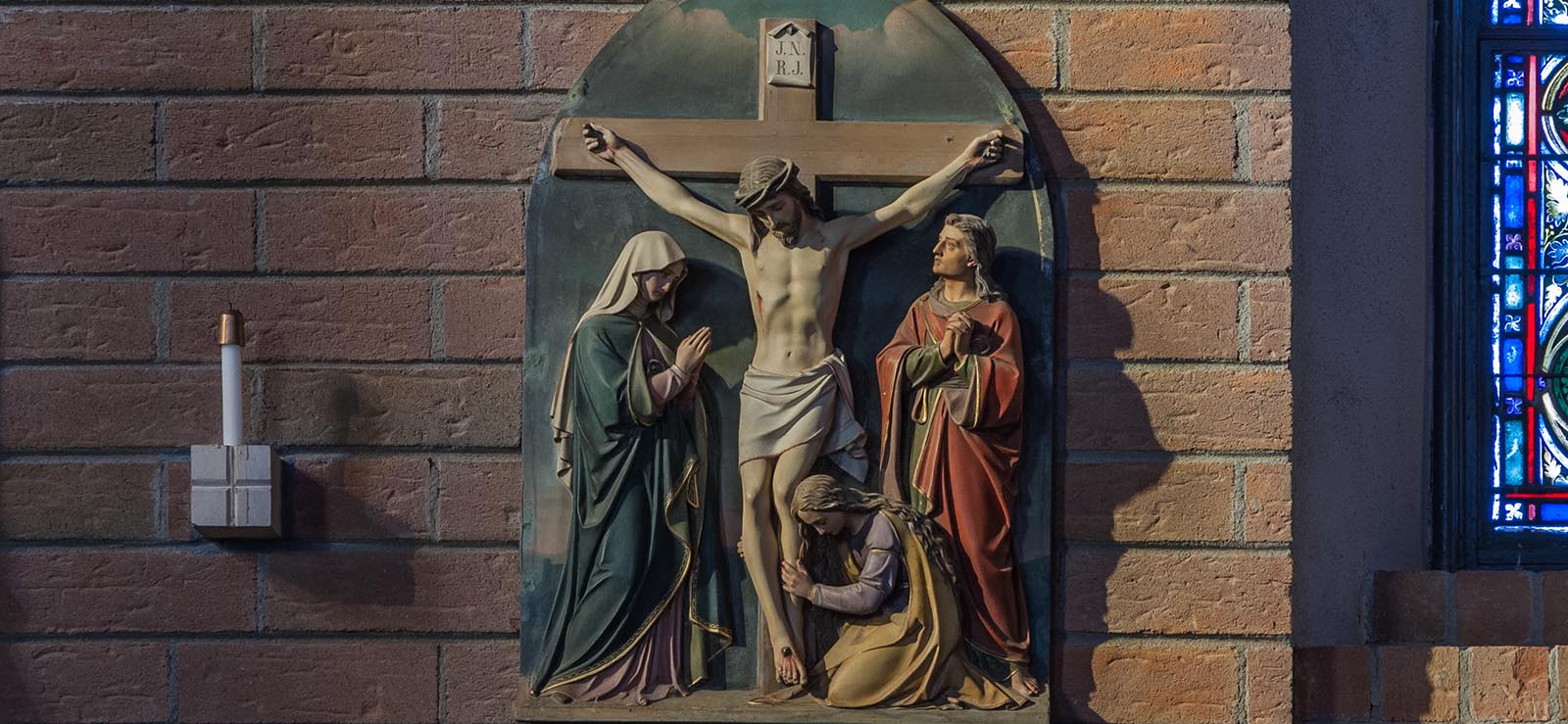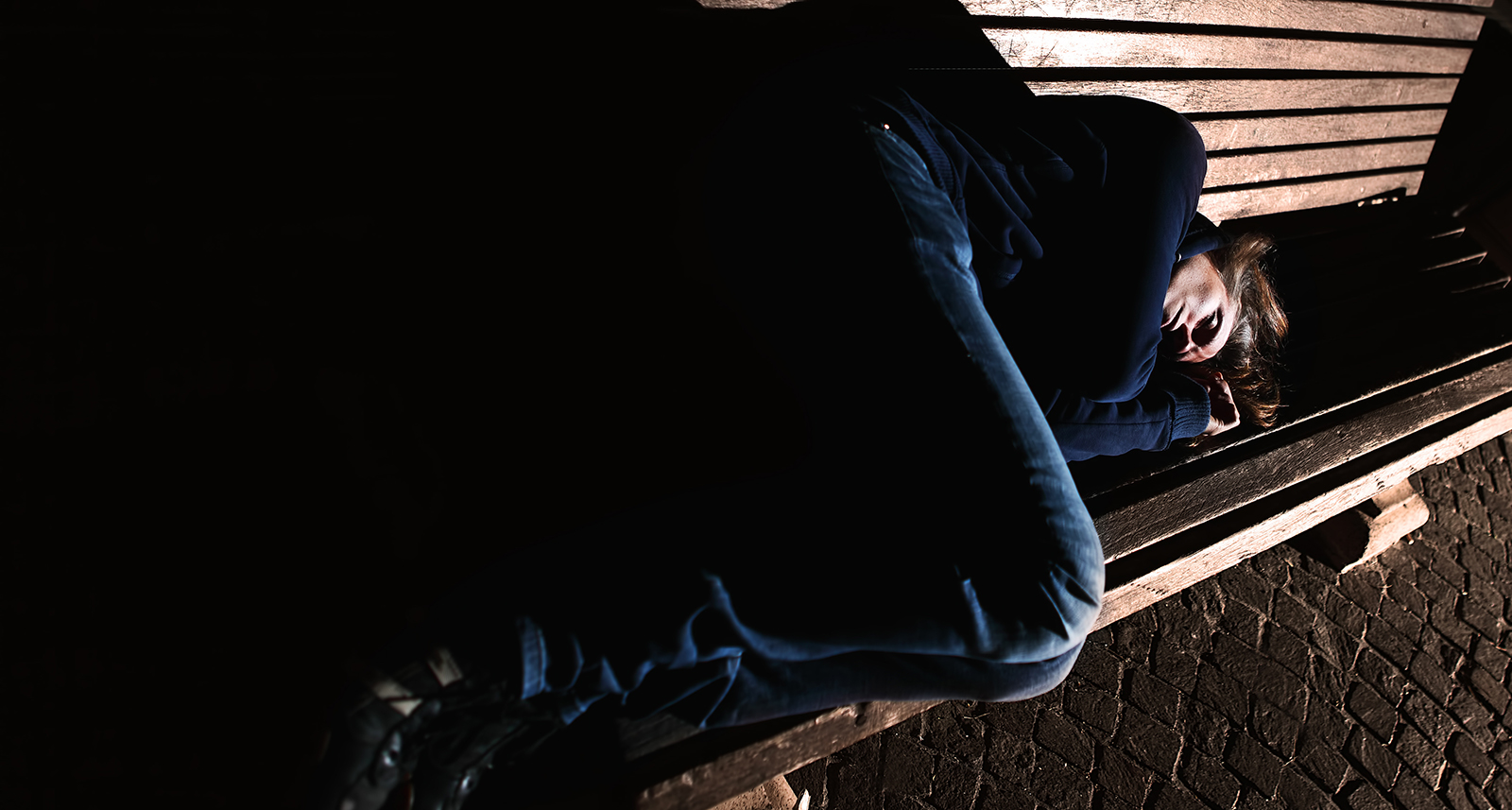I’ve been extremely fortunate for the last few years to serve in a job that I’ve absolutely loved as the “Chief of Staff” and Business Manager of our Professional Services team. I’ve had a fantastic manager, a wonderful set of teammates who lead varying aspects of our business, and great opportunities to stretch in new ways as a leader and manager.
But!… A surprise in a Check-In
At first, it came as a bit of a surprise this summer when I was scheduled for a Check-In with my manager when we were both in New York City for meetings… I came prepared as usual with a clear story about what I’ve been focused on, what I’ve accomplished, what my goals are and how I’m heading in that direction, and how he and the team are supporting me.
But instead, at a sandwich shop in Midtown Manhattan, he said something like, (and I’m paraphrasing from my memory), “You’ve done an excellent job in this role. You do great work and receive great feedback from everyone around us in the company. But I kind of think that you’re at a point where you can do this job in your sleep. And in order for you to grow even more as a leader here, we need to find you a new role that gives you a new leadership challenge.”
He continued by noting that, based on my work, a lot of people would love to have me on their teams, so I had some space to suggest and create something that would be a good mutual fit. In the moment, off the top of my head, I threw out a few crazy ideas, none of which seemed quite right and all of which had big positives and negatives. We agreed to continue the conversation.
He was certainly right – I loved the job, but it was becoming less challenging with time, and I definitely saw that in order to continue my own career progression I needed a different challenge with my own direct leadership responsibility for a team and business of a larger scale. But it wasn’t an easy idea to let go of “my” current role. In my own pride, there was still a lot more that I envisioned doing with the role in order to serve him and the leaders and the broader team even better over the coming years.
“Grieving” and the feeling of loss
In the coming hours and days, I realized that I also needed some space to sort through the emotions of it all. Even though I was being set up for a whole new success that I could help to define, I still had the feeling of loss.
I’ve truly loved the challenge to help support our Sr. Directors and Directors (and our VP, my boss) in the day-to-day management of our business and with all of the special initiatives, communications, change management, collaboration with key business partners, and other Chief of Staff duties. It’s something to be able to say you’ve managed the day-to-day of a 600-person team and a $200 million business.
I was really going to miss doing the things I was doing. I was, in a sense, grieving the loss of the role that had started to be so connected to my work identity for the last few years.
In time, though, walking through the fog of that grief, and honestly supported by a meeting with my spiritual director (with whom monthly meetings are a requirement – and blessing – of being in deacon formation), I came to a sense of peace and excitement about what might be the next opportunity. I also came to a more important peace with the understanding that it wasn’t “my” role that I was sad to leave – it was what I had always tried to remember it to be: a role that I was shepherding for a period of time, in service to my boss, his other leaders, and our whole team.
Settling into some clarity
With that sense of peace of letting go of the role (even months before I was actually going to start to transition out of it) started to come some clarity on what could come next.
I remembered some advice from an old friend who was on my team a few years ago, who pointed out, “I’ve come to realize that you’re better off taking a job for the manager – the way you work together, the way they’ll support and nurture you and give you opportunities – than for the job itself.”
That helped me realize that I definitely wanted to stay in our professional services team, within the scope of my current manager’s overall team. Once I realized that, my next role became obvious…
One “smaller” but growing part of my Chief of Staff role had been overseeing the hiring and on-boarding of the new college graduates joining our team (and the leadership of our summer interns between their junior and senior years.) I LOVE the work with our new Associates and my team who were helping to support them. Knowing that we intended to continue to scale this effort around interns and new Associates and to keep them within the on-boarding program for a longer period of time meant that a leader was needed to oversee and grow that entire talent engine for our team.
Over the next few months, we started to discuss what the vision of a broader “Academy” for our interns, our new Associates, and even enhanced professional skill development for our entire professional services team might look like. The next opportunity to apply my passion and leadership started to become apparent.
For the last few months, while I’ve still been holding down my “day job” as Chief of Staff through the back half of our fiscal year, I’ve increasingly been “moonlighting” with my team members who currently oversee the college grad effort and spending more time driving the strategy of where it could head in the future.
The “overlap” has been a huge blessing. It’s given me time to say “goodbye” to my former role and start to tie up loose ends that I thought I’d have more time to work through. It’s allowed me to transition big ideas to other leaders and places on our team. And it’s allowed me to slowly test out the new role and get more excited about moving towards it.
This time has also helped me continue to see how “right” this is for me. The work with our new Associates is some of the most invigorating and exciting of my entire career. The opportunity to help provide a good experience and foundation for them as they start their careers with our team, and to help mentor them as I was mentored by others for so many years, is one I treasure as my next career challenge.
And now it’s time! The announcements about the new role came out over the last few days, so the proverbial cat is out of the bag and there’s no going back. I’m excited.
Some tips: How I found I could make this move
First, I have to admit that I was exceedingly lucky to have the opportunity to shape the evolution of how I can continue to contribute to our team. I now don’t look at it as “leaving a job” as much as “moving on to the next obvious opportunity,” which is how I should have looked at it from the very start of the process.
I’ve learned that it’s important to remember that everything we have is a gift – including the role we play in an organization. If we have good leaders and do great work, we’ll almost always have the opportunity to help create what’s next for us.
I’ve also learned that early reactions are emotionally charged, and it’s important to take time to properly work through the emotions of a job change. In particular, some of my initial ideas and reactions were nowhere near where I ended up landing, or where I would have wanted to land. In my approach to life, the centeredness of God’s will is of the utmost importance to me, so part of working through this involved a lot of time in prayer, and the discussion with my spiritual director.
It was a blessing to be able to let the process take time. I realize that in some job changes – particularly when we’re forced out of a role quickly or unexpectedly – this isn’t as possible. But it’s still important to at least force enough time to step back and reason through the right steps forward, and get the advice and input of people you trust.
Overall, be open and honest with what you would like to do next and how you feel you can best contribute to an organization. Honestly, at first, when the idea for this new role came up, I didn’t think it would afford the scope or scale that would let me continue to grow in my own career as a leader here on our team. But as we continued to balance what the team needed with what I wanted to be able to bring to the table, we were all able to share ideas that helped the scale grow in smart ways and become a challenge that I was excited to undertake.
Finally, trust. Trust that other people out there are good people and looking out for you and your career. If you do great work, they’ll do just that. If you have areas of improvement to consider, those are important points of feedback that I believe a good manager has a moral obligation to share with you. After all, that’s your manager’s job – to help you continue to grow and be your very best. If you’re not in a situation with a manager like that, I truly suggest you try to find a role with a manager who will nurture and challenge you – one you trust with your career.
To what’s next…
So over the next few weeks as I continue to transition my Chief of Staff role to a new Business Manager on our team, I’m extremely excited to continue to dive into re-envisioning and scaling up our “Consulting Academy” as my next leadership challenge.
Now I get to turn my attention to even more of what I love – leading more people, and helping them grow and develop, each in their own unique ways. In 2020, our “Adobe Consulting Academy” will grow and take on a life of its own! I’m looking forward to working with my team members who I will carry into this new role with me, and the new ones I’ll be seeking to join my leadership team.
I’ve been blessed with a career path full of great jobs, great opportunities and challenges, and great managers. I leave one amazing manager for another amazing manager on his team, and I look forward to what the future holds. If and when you find yourself in a situation like this, I hope that maybe my learnings and tips can be of help to you.
“Growth is the only evidence of life.” – St. John Henry Newman


